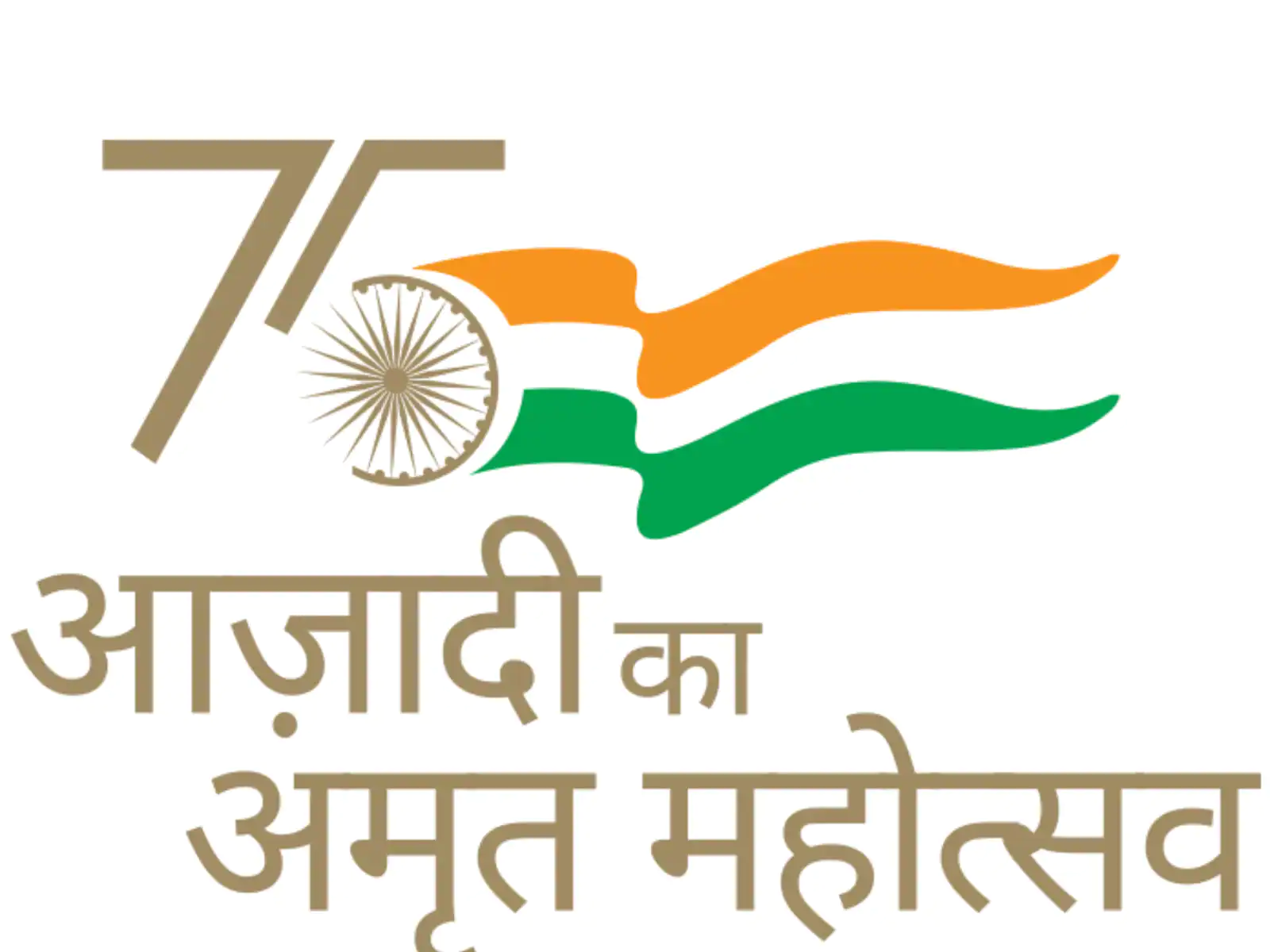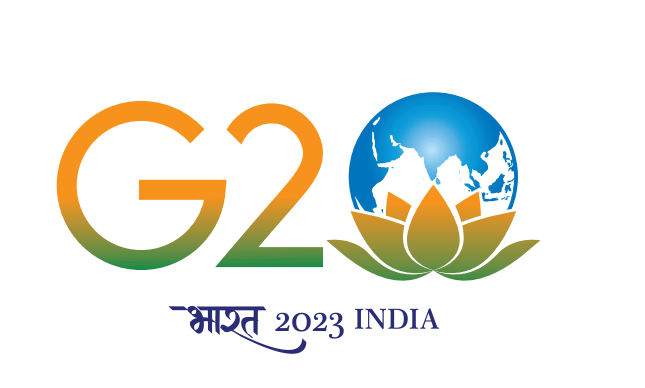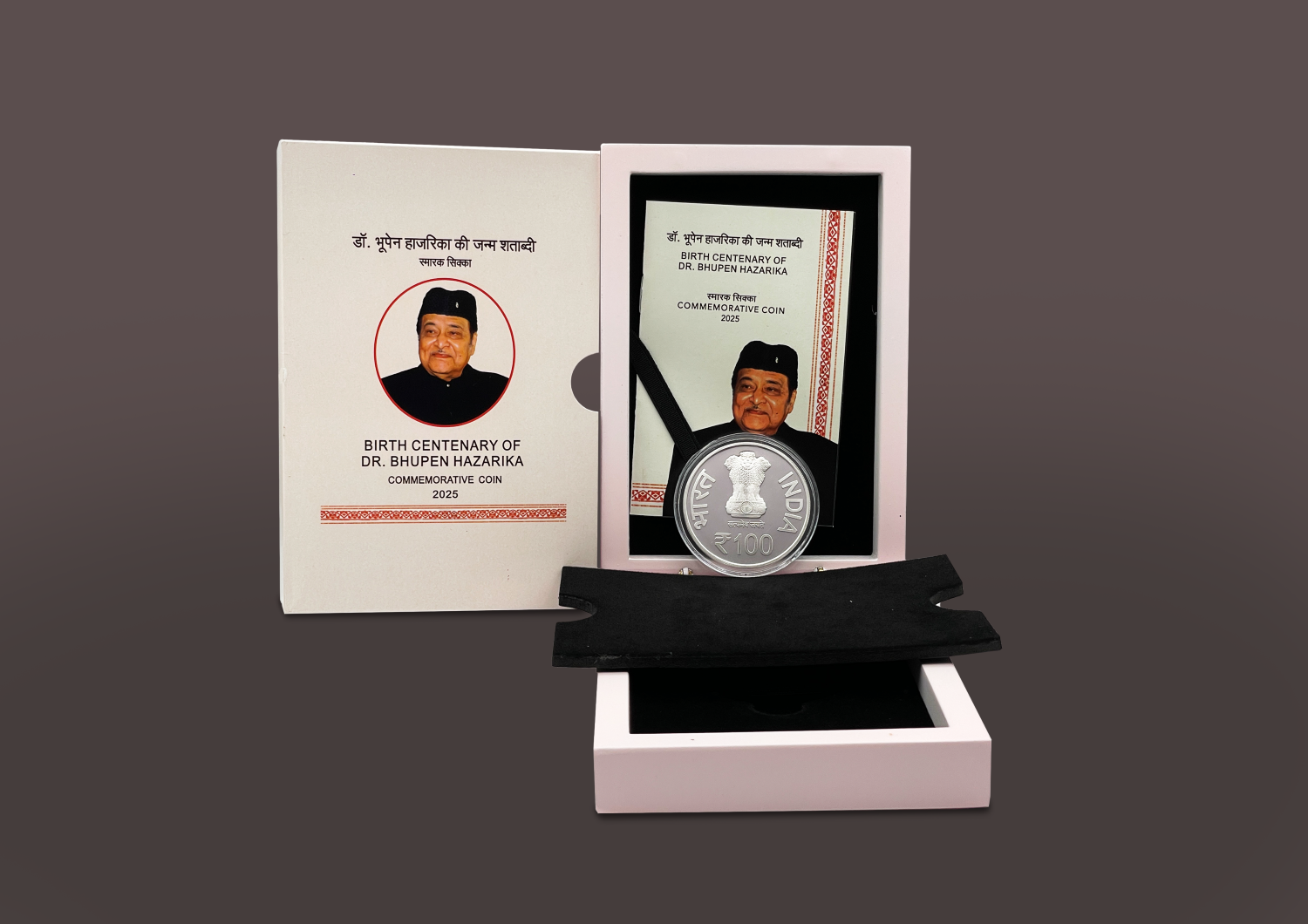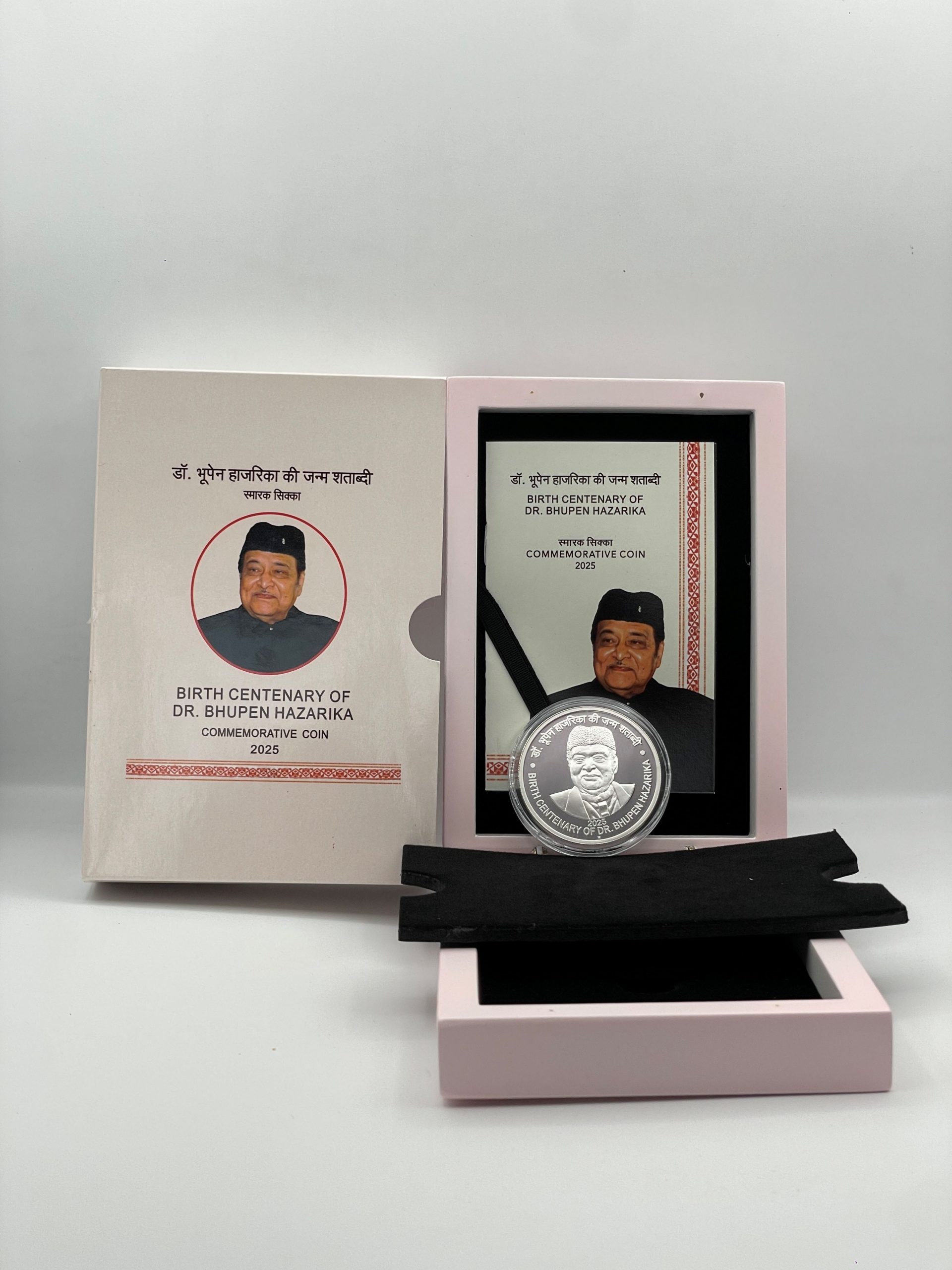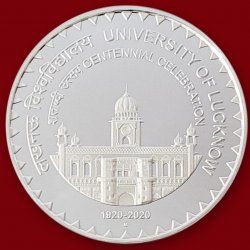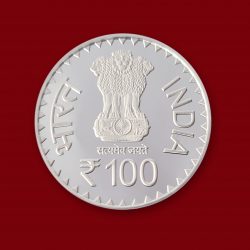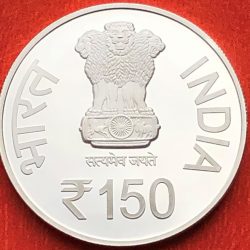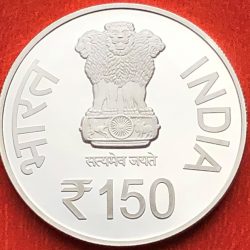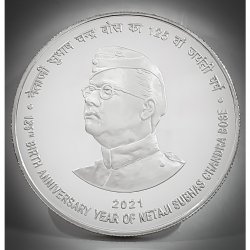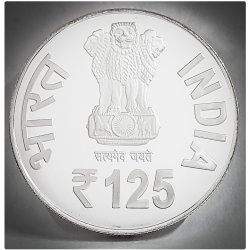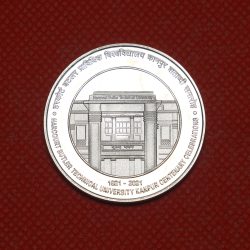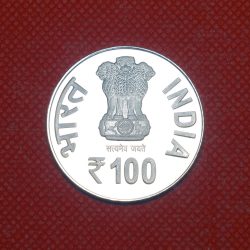Dr. Bhupen Hazarika, one of the celebrated icons of Northeast India, was born on 8th September, 1926 at Sadiya (now Bolung, Arunachal Pradesh), near the Assam-Arunachal border. He wrote over 350 songs, composed music for 70+ films in various Indian languages, directed six films and eight documentaries and authored over 15 books, including essays, travelogues, poems and children’s rhymes. With the aim of preserving his musical works, films, writings, and promoting his ideas, Dr. Bhupen Hazarika established the Bhupen Hazarika Cultural Trust on 15 February, 2000. He served as its President until his demise. He was awarded the President’s Medal for his films Sakuntala(1961), Pratidhwani (1964) and Loti-Ghoti (1966). In 1967 he was elected to the Assam Legislative Assembly from Nowboicha in Lakhimpur as an Independent candidate. In 1975 he won the National award for Best Music Direction for the film Chameli Memsaab. In 1977 he was conferred the Padmashri and in 2001 he was conferred the Padma Bhushan for his immense contributions to music and culture. In 1985 he was granted honorary citizenship by the Mayor of New Jersey, USA. In 1988 he was awarded the Srimanta Sankardeva Award by the then President, R. Venkataraman and in the same year he received the Sangeet Natak Akademi Award.
In recognition of his outstanding contributions to Indian cinema as a musician, singer, poet, filmmaker and lyricist, Dr. Bhupen Hazarika was honoured with the Dada Saheb Phalke Award in 1992. He was elected as the President of Asom Sahitya Sabha, the apex body of Assamese literature in 1993. From 1998 to 2003 he took over the responsibility as the Chairman of Sangeet Natak Akademi. He breathed his last on November 5, 2011 in Mumbai. He was posthumously awarded the Padma Vibhushan, India’s second-highest civilian award in 2012. For his exceptional contributions to music and his dedication in promoting cultural harmony through art, he was honoured with the Bharat Ratna, India’s highest civilian award, on 26 January, 2019. In 2013 and 2016, he was honoured by the Government of India with two commemorative postage stamps.
| सिक्के का
अंकित मूल्य |
आकृति और बाह्य व्यास, दांतों की संख्या | मानक वजन | धातु संरचना |
| एक सौ | 1. वृत्ताकार
2. व्यास – 44 मि॰मि॰ 3. दांतों की संख्या – 200 |
40 ग्राम
|
चांदी – 99.9 प्रतिशत |
| DENOMINATION
OF THE COIN |
SHAPE, DIAMETER & NO. OF SERRATIONS | WEIGHT | METAL COMPOSITION |
| One Hundred Rupees | 1. CIRCULAR
2. DIAMETER – 44 mm 3. SERRATIONS – 200 |
40g | Silver – 99.9 per cent. |

